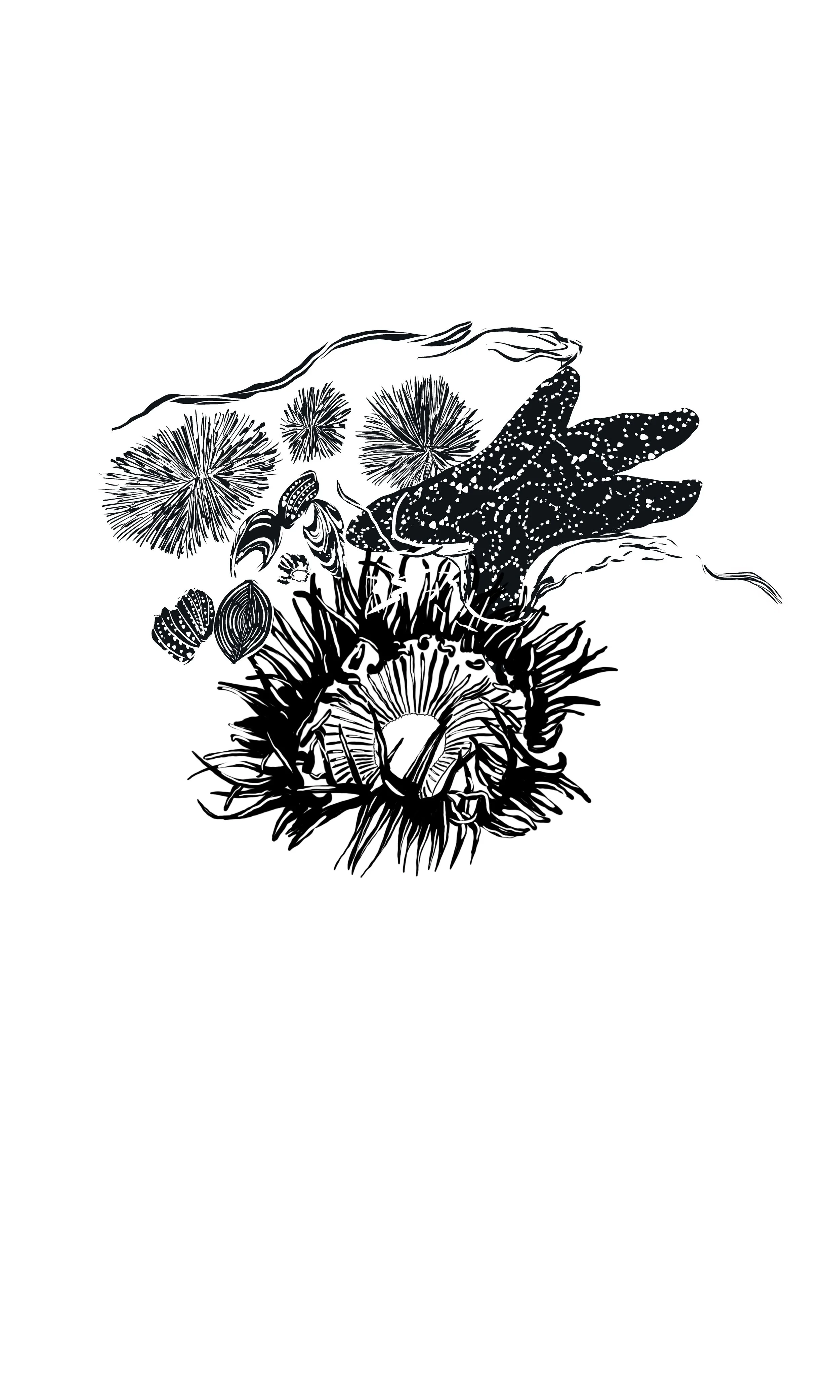For Educators
Questions for classroom and book group discussions
1) A theme of the book is people noting, observing, recording things – not knowing how important they may be to the present or future readers/listeners. How often do you think that happens in science?
2) Some of the book focuses on documenting change starting in the 1990’s. How do you place that in the context of all of the change you see happening in the ocean today?
3) How do scientists at the beginning of their careers place global change in a context that is different from more senior scientists in the book?
4) In Chapter 4, the authors state: “It’s as if the extensive knowledge humans have acquired over the millennia is a set of fine-tipped nerves, and we are slowly cauterizing those nerve ends even as they broadcast alarm signals back to the center.” What do you think the disconnect is between things that we can see changing in the ocean and actions that we could take?
5) Some of the scientists in the book who are interviewed speak to a communication and connection gap regarding marine conservation. How do you think we might convince people to engage in marine conservation more deeply?
6) How might “crowdsourcing” or social media change the way we collect data about the ocean?
7) What do you think the future holds for the ocean - what worries you, and what makes you optimistic?
8) An Art-Science Discussion from students at UC Irvine: follow the directions at https://origami.me/catamaran/ to fold an origami catamaran while you discuss the history of Pacific Voyaging. What notions/myths does the book seek to dispel about early voyaging?
Illustrations by Kaitlyn Kraybill-Voth
Did you develop discussion questions for your class or group that you’d like to share? Please email them to Tessa Hill

